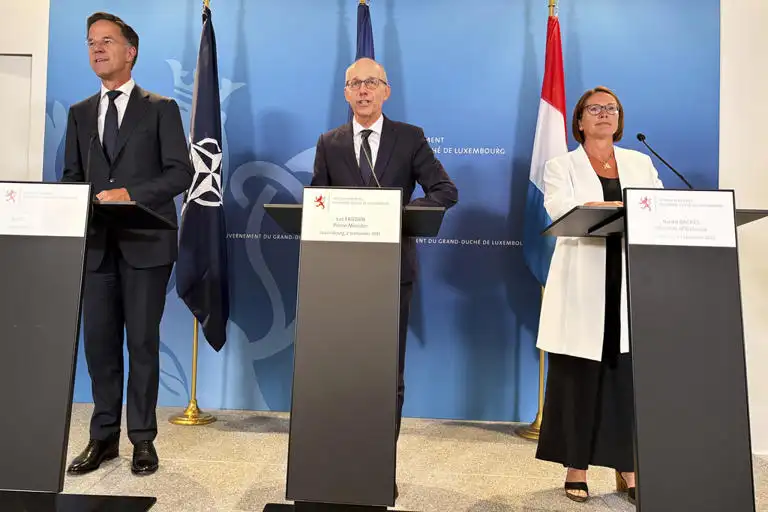NATO is ramping up efforts to combat Russian GPS jamming activities following a concerning incident on August 31, 2025, involving European Commission President Ursula von der Leyen’s aircraft. As her plane neared Plovdiv International Airport in Bulgaria, its GPS navigation system was disrupted, necessitating manual navigation for a safe landing. Bulgarian authorities suspect Russia’s involvement in this interference, with the Civil Aviation Authority confirming the disruption of satellite signals crucial for aircraft GPS navigation.
In light of this incident, NATO Secretary-General Mark Rutte stressed its seriousness, framing it as part of Russia’s overarching strategy of “hybrid threats,” which encompasses not just GPS jamming but also cyberattacks and undersea cable sabotage. This incident mirrors a rising trend of alleged Russian electronic warfare tactics targeting European infrastructure, with countries near Russia like Finland, Latvia, Lithuania, and Estonia reporting increased electronic disruptions affecting various modes of transport.
The European Commission has recognized these threats and is committed to bolstering defense capabilities in response. NATO’s strategy reflects a strong commitment to protecting the security and sovereignty of its member nations against these emerging hybrid threats. The alliance is collaborating with affected countries to devise and implement measures aimed at mitigating risks linked to GPS jamming and other electronic interferences.
This situation underscores the evolving nature of security challenges in Europe, where traditional military threats are now intertwined with sophisticated cyber and electronic warfare tactics. Through proactive measures, NATO aims to ensure the resilience of critical infrastructure and guarantee the safety of air travel throughout the continent.












Isnt it crazy how technology can be used in such sneaky ways? Wonder how NATO will tackle this issue. 🤔
Do you think NATOs response to Russias GPS disruption is enough? I feel like they need to step up their game.
Should NATO retaliate against Russias GPS disruption? Its time to show some muscle and protect our leaders. Enough is enough!
Should NATO take a more aggressive stance against Russias GPS disruptions? Its time to show some teeth and protect our leaders!